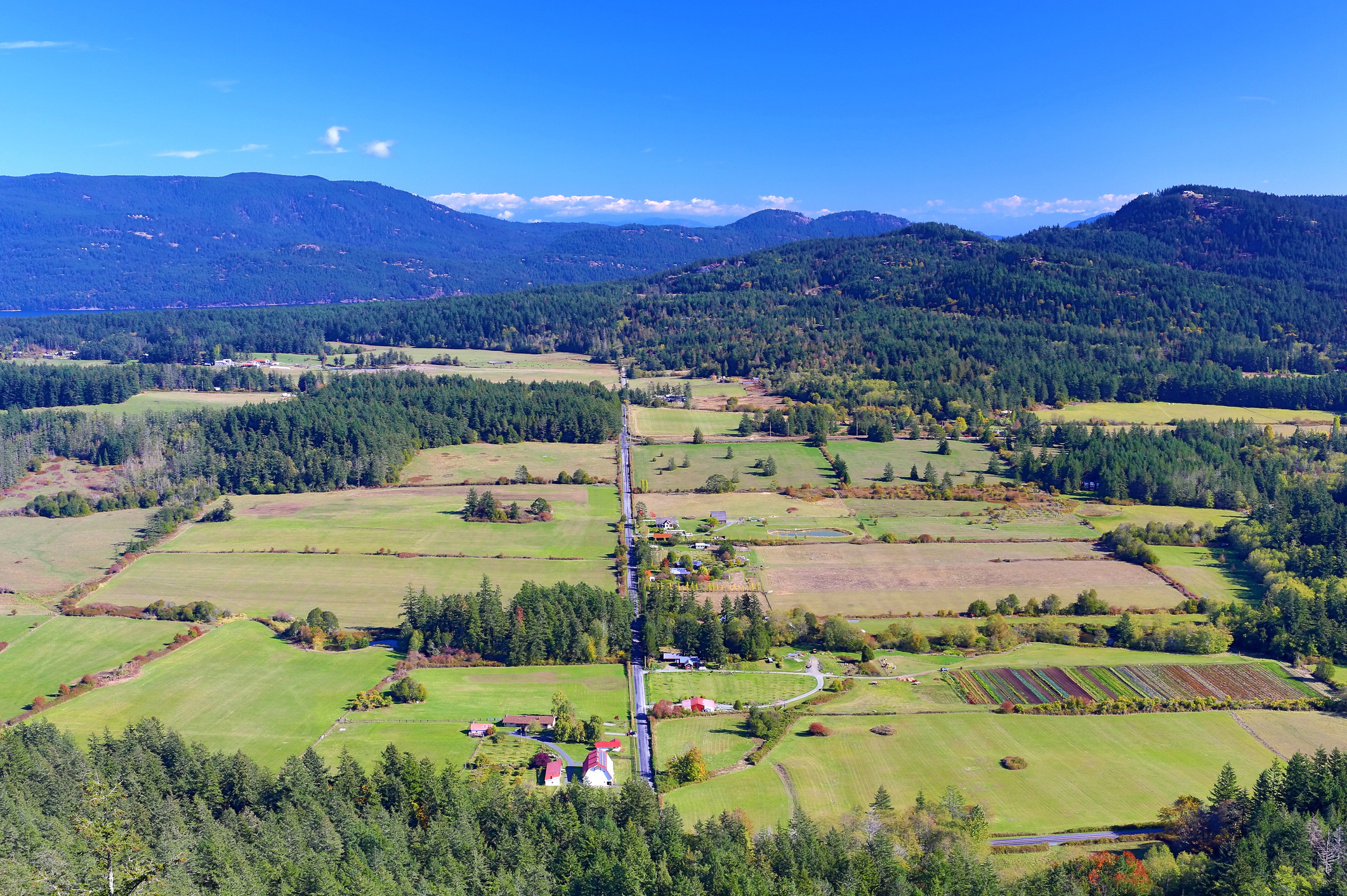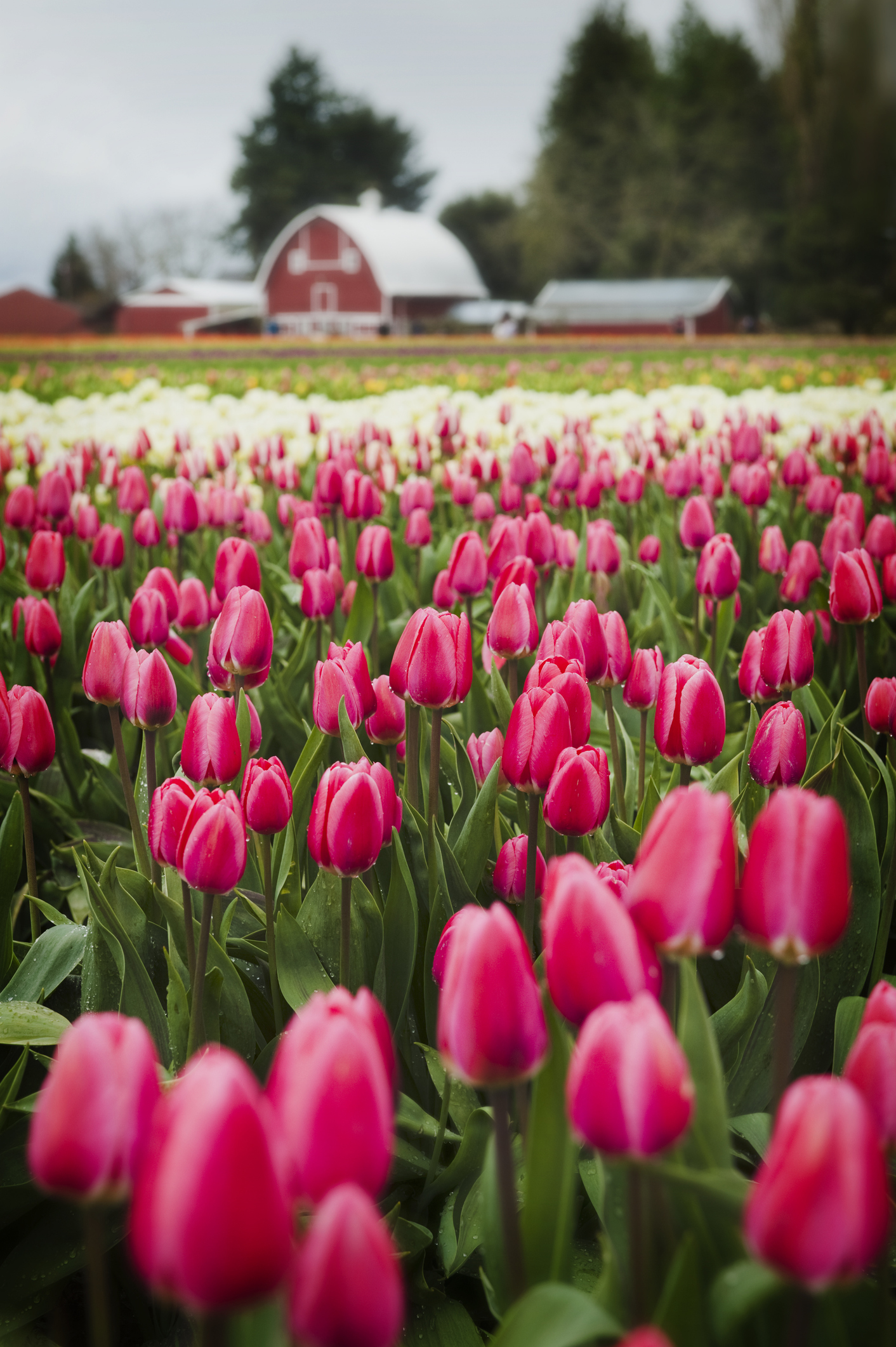workshops
Past workshops
Exploring Bold Land Use Ideas in Puget Sound WORKSHOP
On June 18, 2024, the Future Scenarios project hosted amorning workshop with the invitation to:
- Learn about a new alternative scenario that incorporates bold land use ideas. Leaders in Puget Sound recovery joined together to consider a future that encompasses five of the bold ideas you helped generate in the November 2023 Bold Land Use Planning in Puget Sound workshop.
- Explore each bold land use idea. A discussion was held to consider the assumptions that underpin the bold ideas and their associated tradeoffs to identify specific implications, risks, and opportunities, as well as ways to navigate and offset them.
- Contribute to a working list of concrete next steps. Using insights from the scenario analysis, we helped to identify actions that could advance some or all the bold ideas in both the near and long terms.

This workshop built on the work of theNovember 2023 workshop, which generated bold ideas that address various development, human wellbeing, equity, and ecosystem restoration implications derived from three alternative scenarios. Since then, the Future Scenarios Project Team has worked closely with Strategic Initiative Leads and other partners to create another alternative scenario that illustrates a subset of bold land use ideas. The June 2024 workshop explored a new hybrid scenario that included five bold ideas:
- Integrate growth management. Adopt growth management frameworks that encourage cohesion and planning to achieve multiple benefits at the watershed scale working across jurisdictions.
- Concentrate growth in already developed areas. Adopt policies and incentives that funnel growth into already developed urban areas and emphasize redevelopment; limit rural growth and ensure rural growth that does occur is near urban boundaries.
- Redefine critical areas. Protect remaining salmon habitat through enhanced and more consistent critical area definitions and implementation across Puget Sound and invest in restoration of habitat important to salmon including barrier removal, riparian habitat, floodplains, and estuaries. Use climate impacts as a catalyst to expand restoration efforts in impacted areas.
- Protect and expand working lands. Adopt policies that increase the viability of working agriculture and working forestry. Fully value working lands and their services to incentivize farm and forest land preservation.
- Emphasize innovative stormwater management. Implement a variety of stormwater policies that emphasize multiple benefits at the watershed scale such as use of regional facilities, stormwater parks, and stormwater transfers.
If you’d like to learn more, please explore the workshopagenda andmaterials.
BOLD LAND USE PLanning WORKSHOP, 2023

The Bold Land Use Planning Workshop on November 7, 2023, brought together over sixty regional land use and growth management experts, local and state agency planners and coordinators, and stormwater and salmon managers as members of the Puget Sound recovery community to generate bold ideas that could help shepherd the Action Agenda’s Smart Growth strategy into the future. (Links:Workshop Agenda,Workshop Presentation,Additional Workshop Materials,Workshop Synopsis)
Together, the group examined alternative future scenarios and identified over seventy future implications for development, human wellbeing and equity, and ecosystem restoration and conservation. They generated twenty-seven individual bold ideas that could address those implications.
Three Alternative Future Scenarios informed that workshop. Scenarios are not intended to be predictive, but rather illuminate a range of possible conditions to assess our strategies and spur creative thinking. The scenarios were as follows:
Alternative 1 – Salmon Forward:
Explores a future where both government cohesion and willingness to act and human perceptions & behaviors are positive toward Puget Sound. This creates a mutually reinforcing virtuous cycle that unlocks large scale changes in how big cities are developed to minimize their impacts and maximize their livability in a way that calls people in to dense urban living and maximizes protection and restoration of land outside growth centers in existing urban areas. Land use is tightly managed, and protection of critical areas is high.Read more.
Alternative 2 – Networked Growth:
Government cohesion and willingness to act remain positive toward Puget Sound but human perceptions and behaviors are not. This alternative explores a future where people are less willing to live in dense urban centers and instead distribute themselves more evenly across the Puget Sound region and are relatively unengaged in considering the impacts of dispersed growth. Government responds to this by developing new planning models that ensure small and medium sized cities can make the infrastructure investments needed to manage new growth and land use continues to be tightly managed.Read more.
Alternative 3 – Stewardship and Rural Living:
Explores a future where government cohesion and willingness to act is low but where human perceptions and behaviors are very aligned and positive toward Puget Sound. In this future, people distribute themselves more evenly across the Puget Sound region and prefer rural living to urban centers. Cities grow less rapidly and are less dense. Non- and quasi-government actors play a strong role in supporting individuals in implementing best management practices and taking other individual actions to slow Puget Sound decline and implement neighborhood-scale restorations. Read more
Last updated: 08/26/25